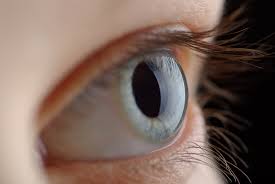Washington: Having diabetes can damage your eyes in such a way that you may become blind. Too much glucose, also called sugar, in your blood from diabetes is very harmful for your eyes.
According to a recent study, you can ward off your blindness from the effects of diabetes by intensively controlling your blood sugar level.
People with type 2 diabetes, who intensively controlled their blood sugar level during the landmark Action to Control Cardiovascular Risk in Diabetes (ACCORD) Trial Eye Study, were found to have cut their risk of diabetic retinopathy in half in a follow-up analysis conducted four years after stopping intensive therapy.
Lead author Emily Chew said that this study sends a powerful message to people with type 2 diabetes who worry about losing vision and added that well-controlled glycemia or blood sugar level has a positive, measurable, and lasting effect on eye health.
Keeping tight control over Diabetes helps in reducing glycemia to an average 6.4-percent A1C, a measure of average blood glucose, compared to 7.7 percent among participants on standard glycemic control therapy.
Even though it was unsuccessful in reducing cardiovascular disease risk, such as heart attack and stroke, the researchers found that the therapy had cut retinopathy progression by about one-third by the end of ACCORD.
Results also point to a possible role for ongoing use of fenofibrate to treat diabetic retinopathy, if taken regularly. Based on ACCORD findings, fenofibrate might be worth taking to control diabetic retinopathy progression. Other countries, including Australia, have approved fenofibrate for treating diabetic retinopathy but not the U.S., said Chew.
The study appears in the journal Diabetes Care.
